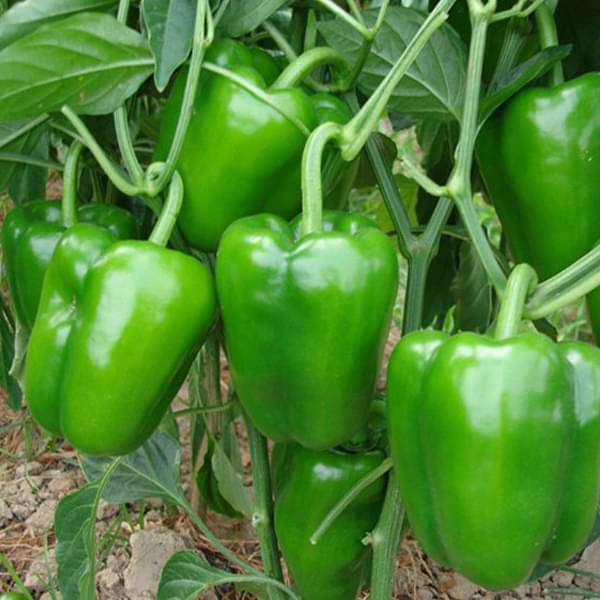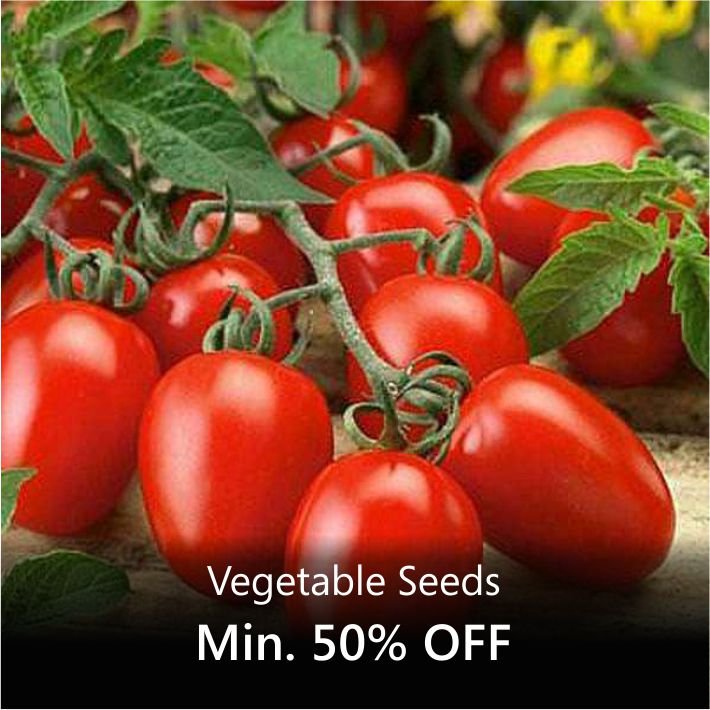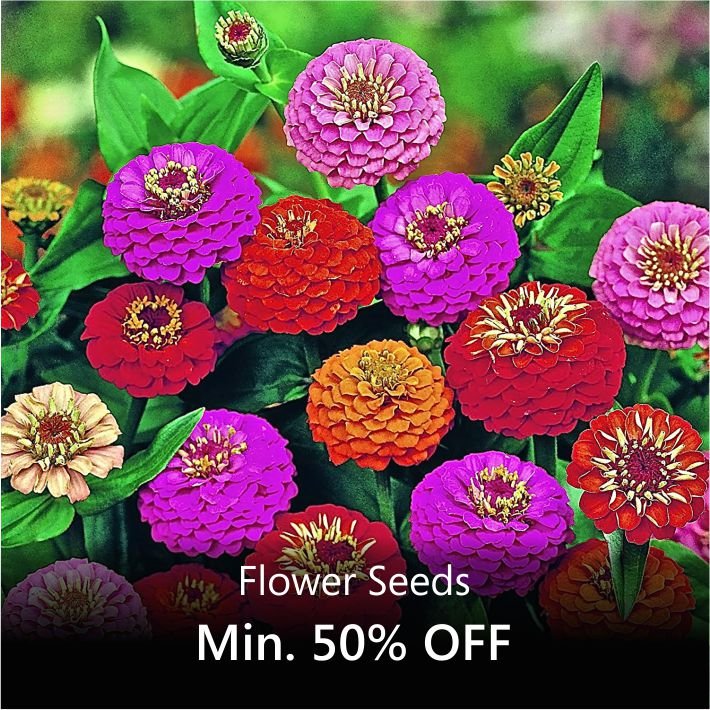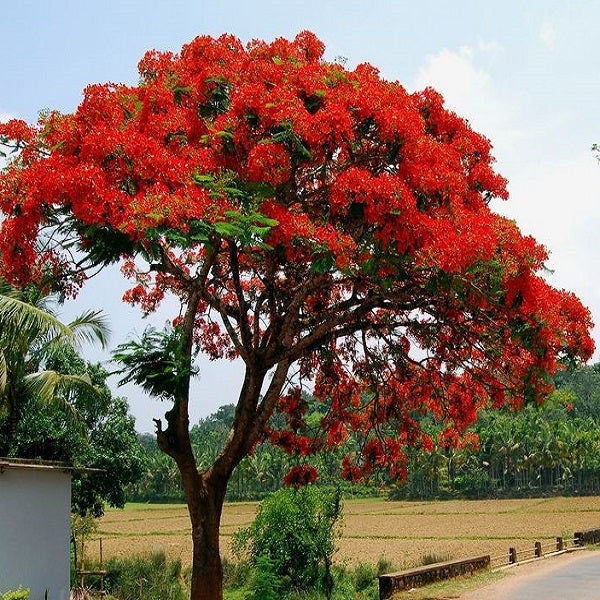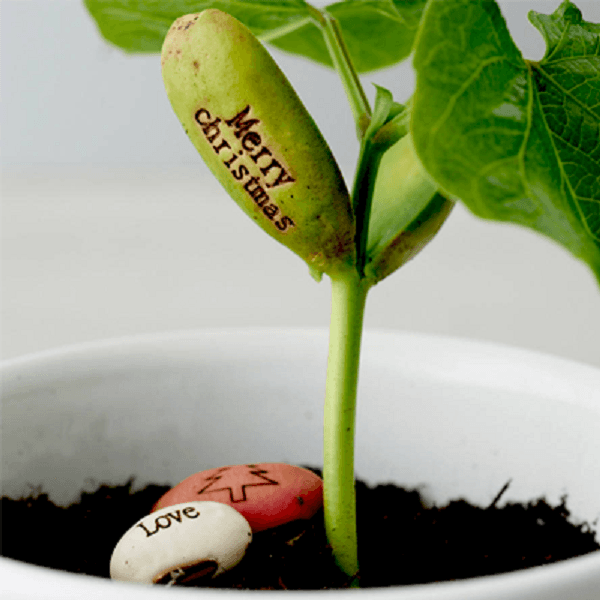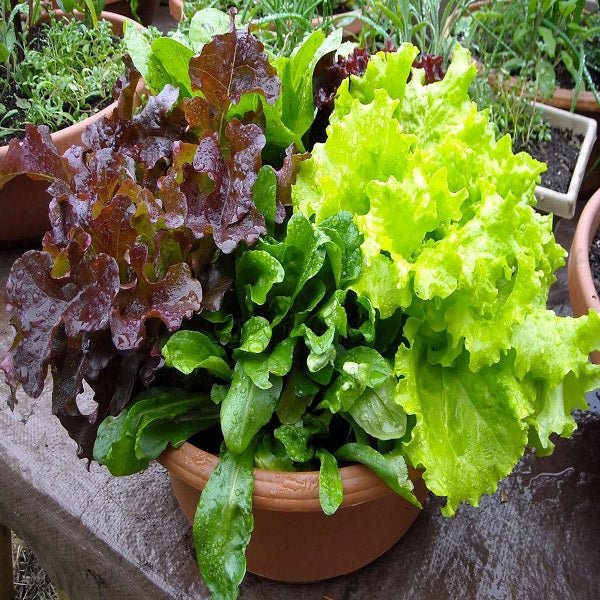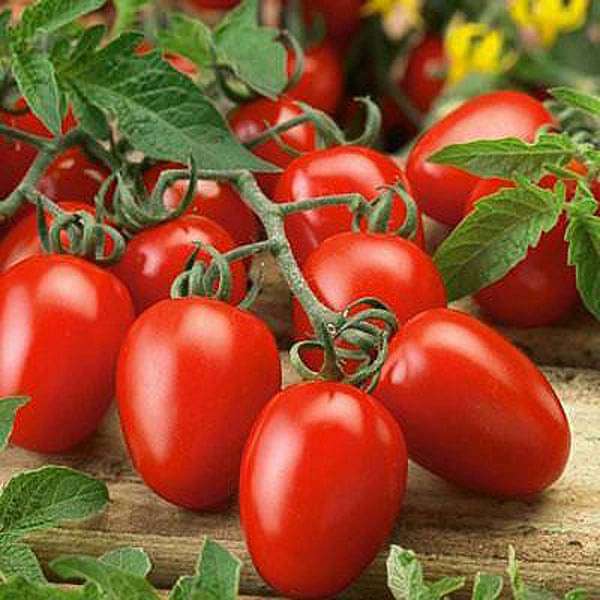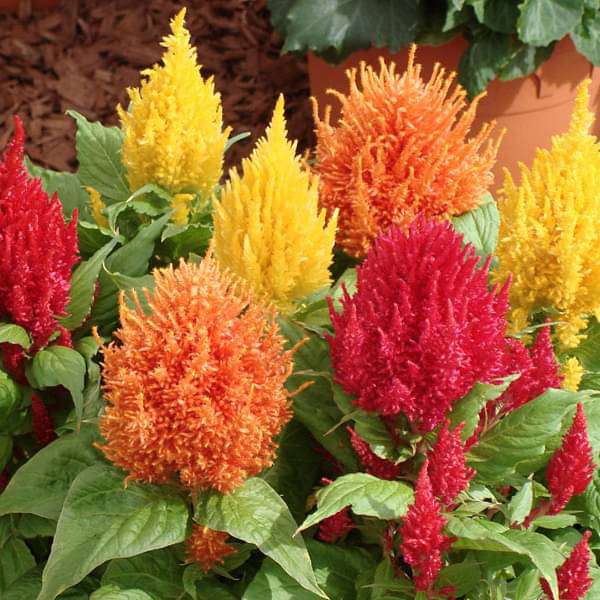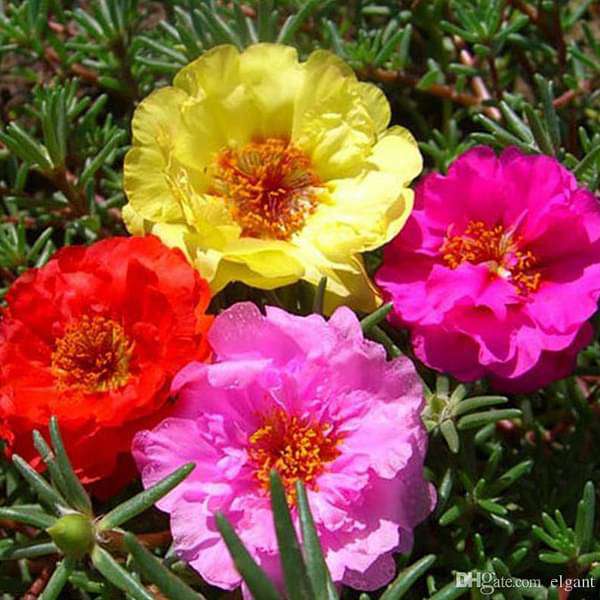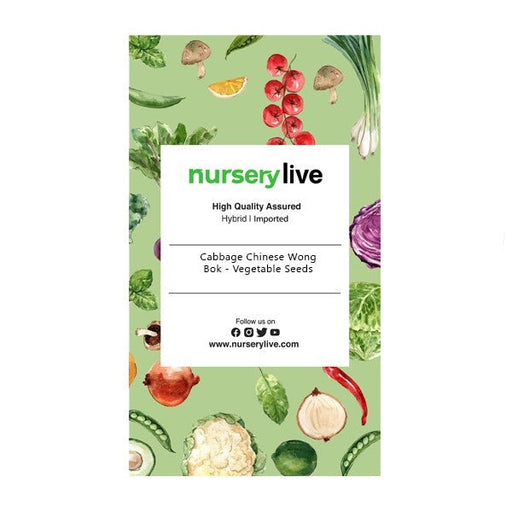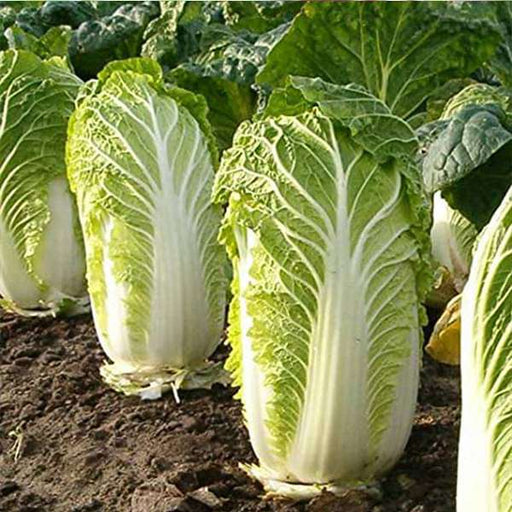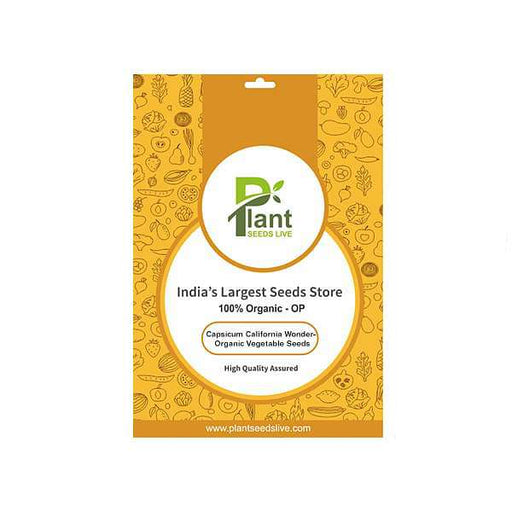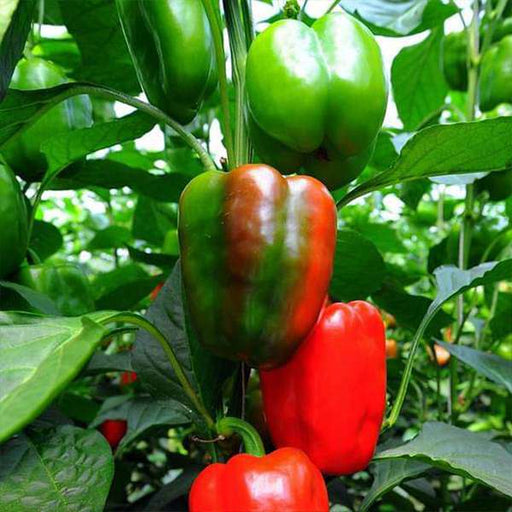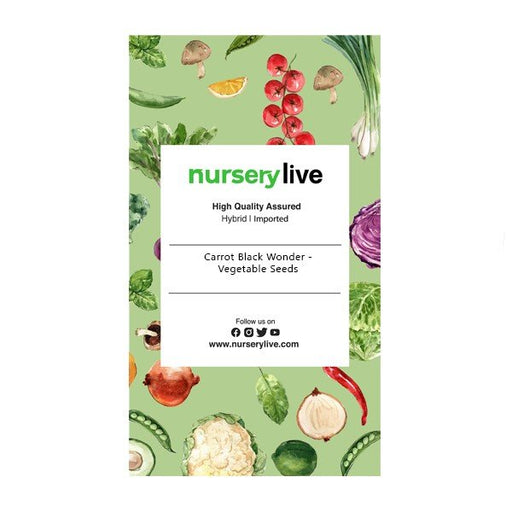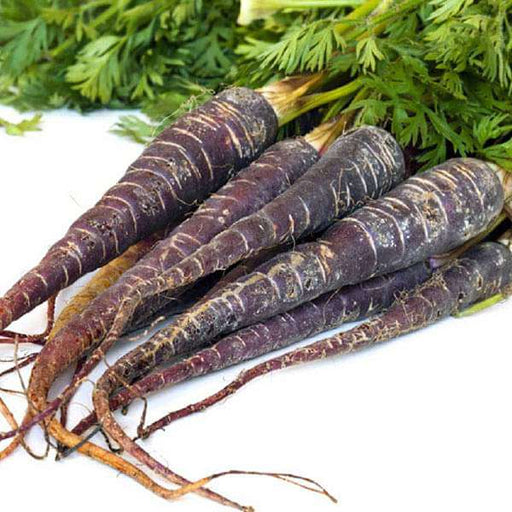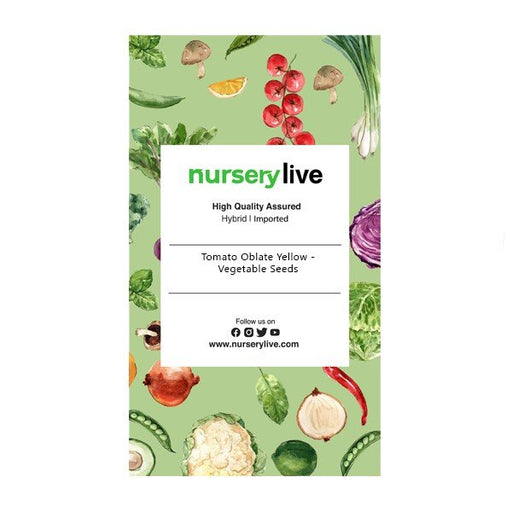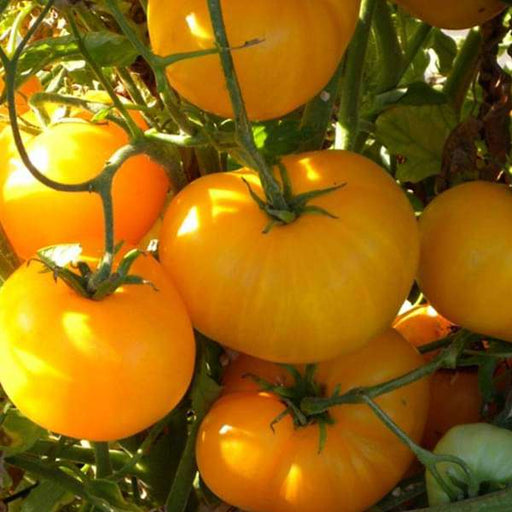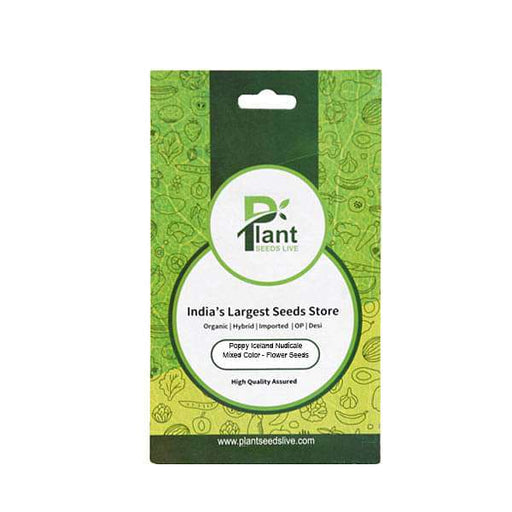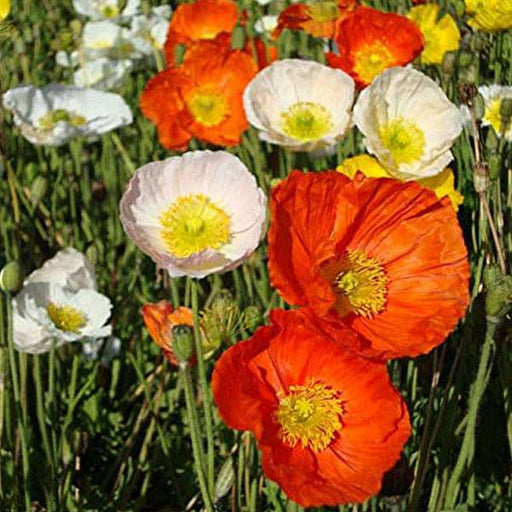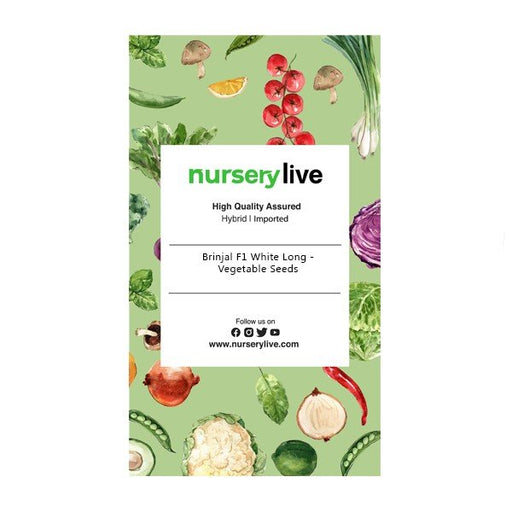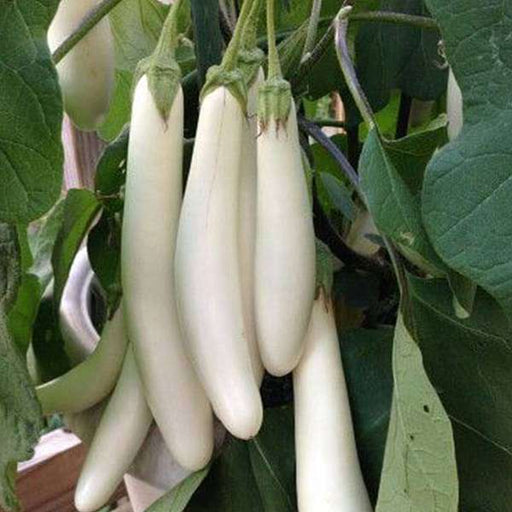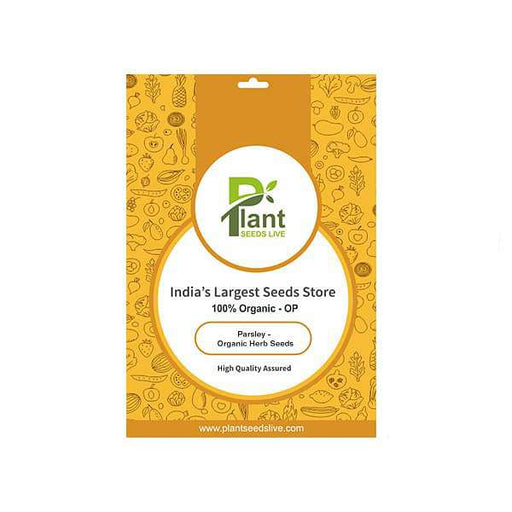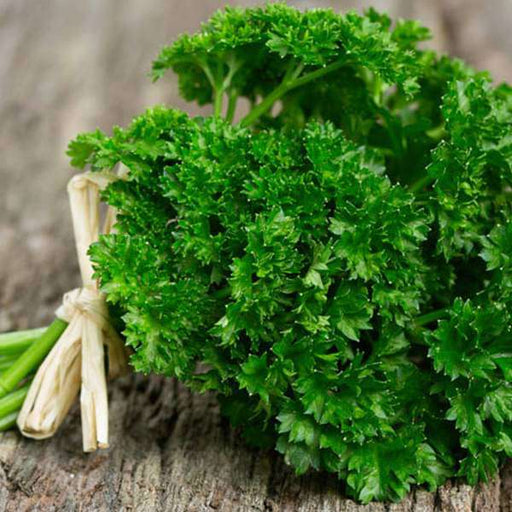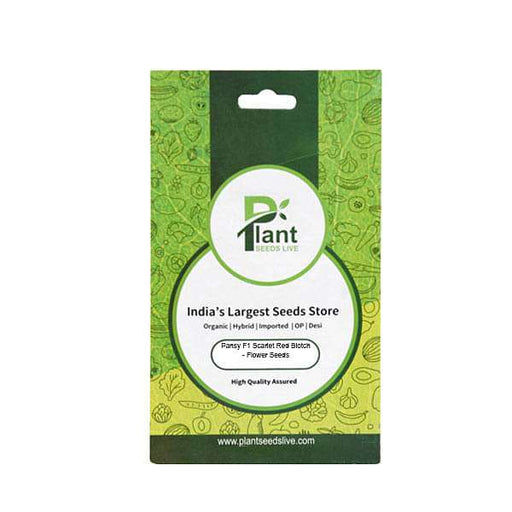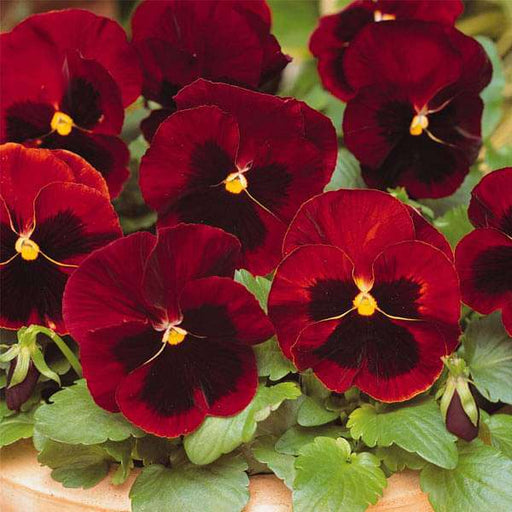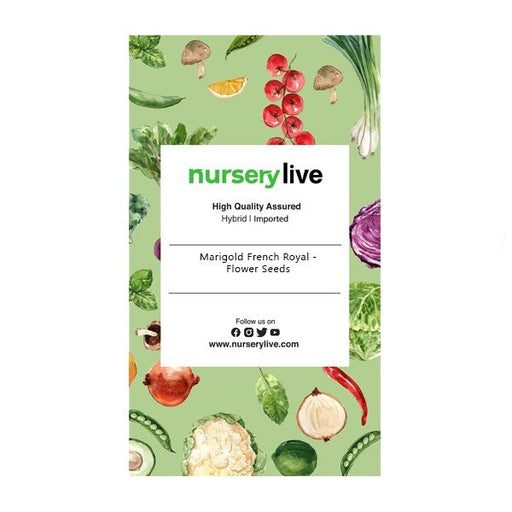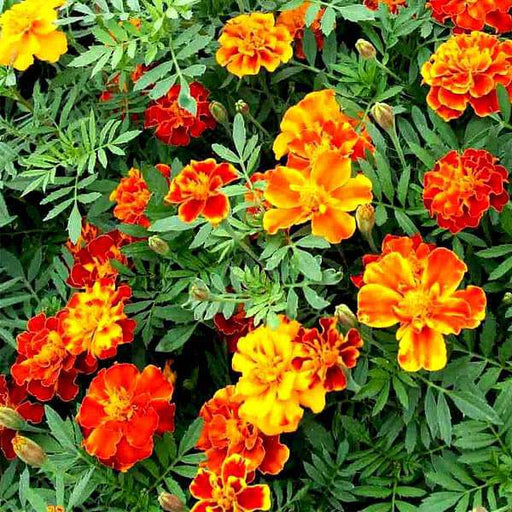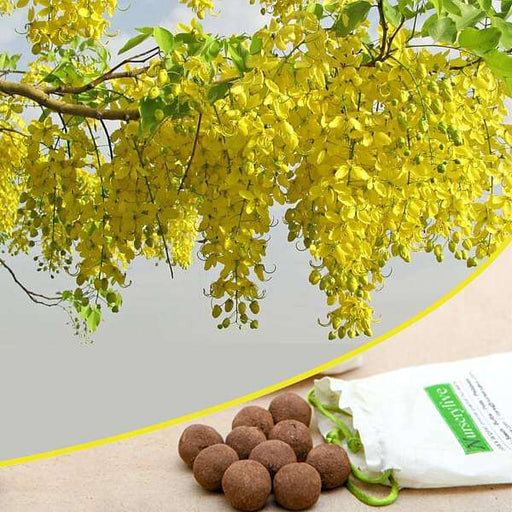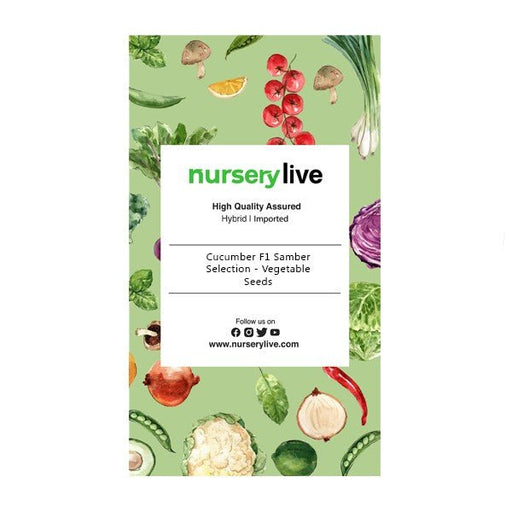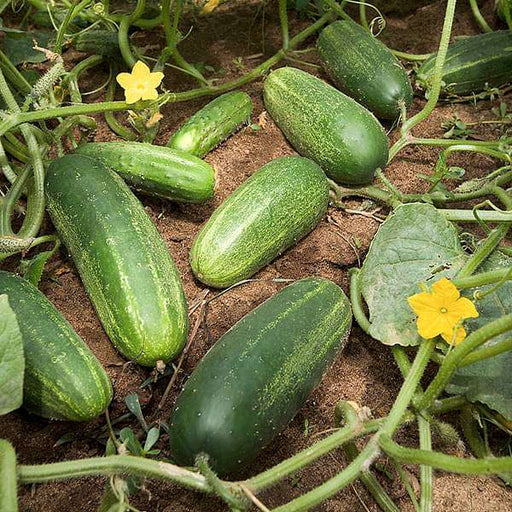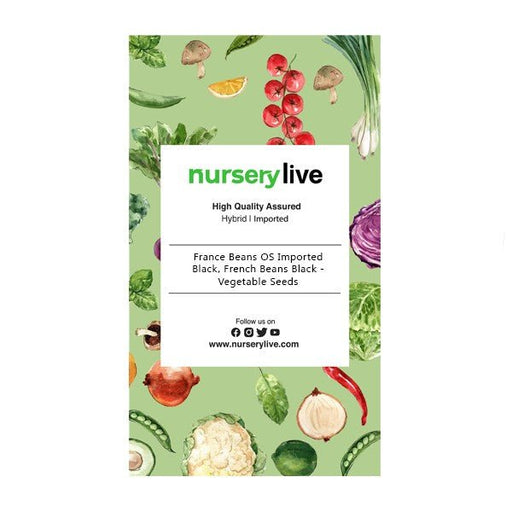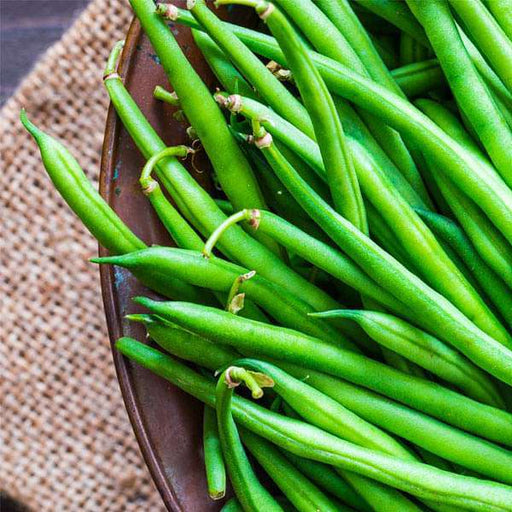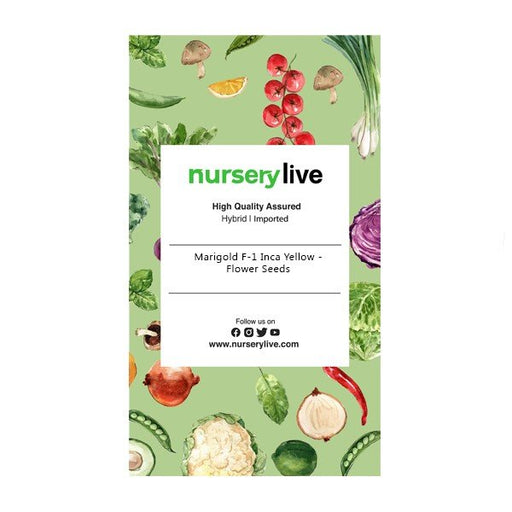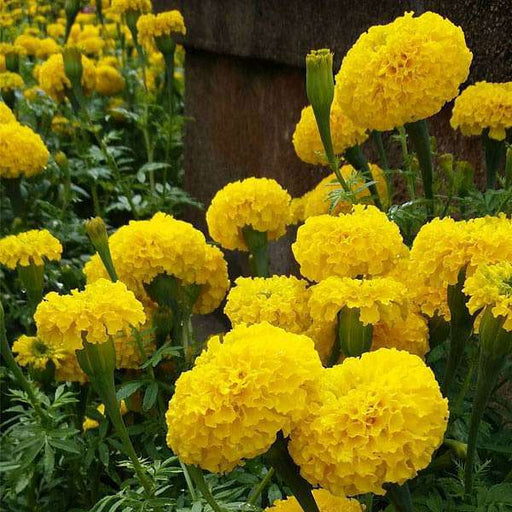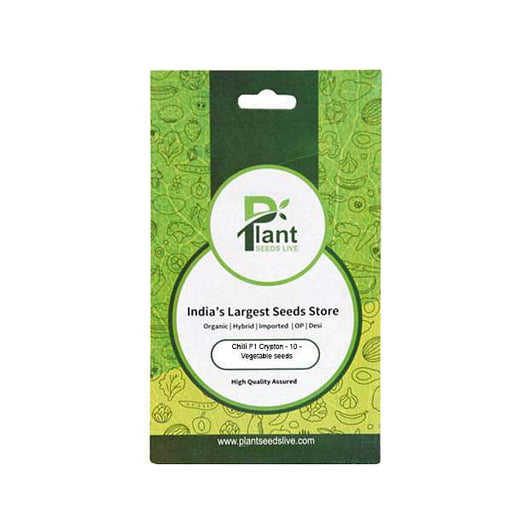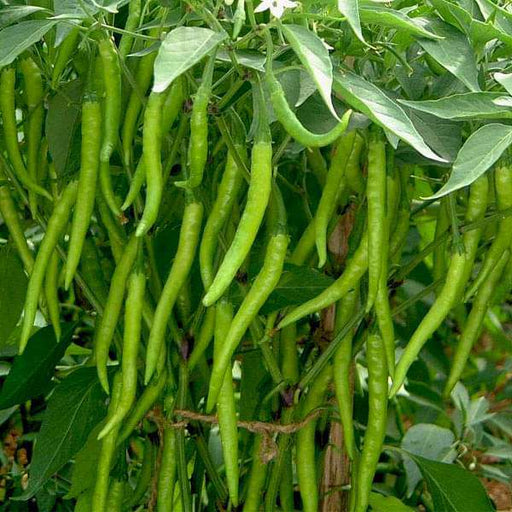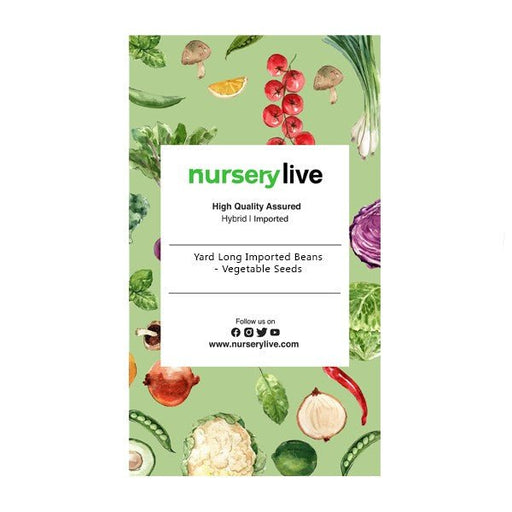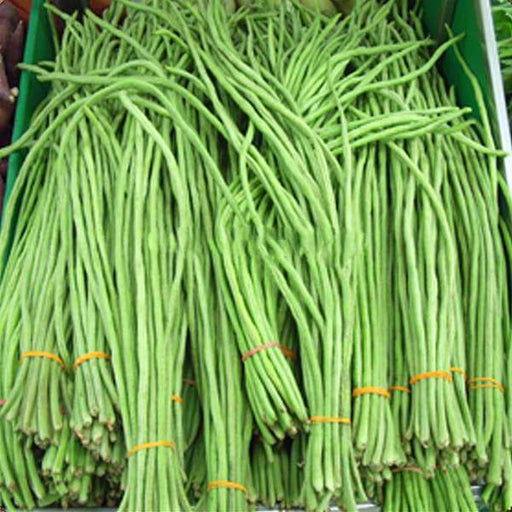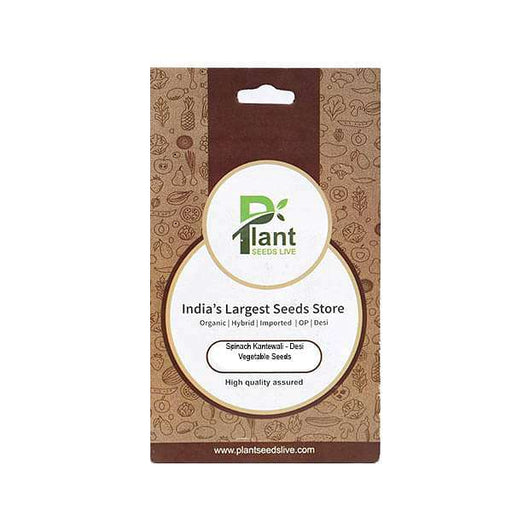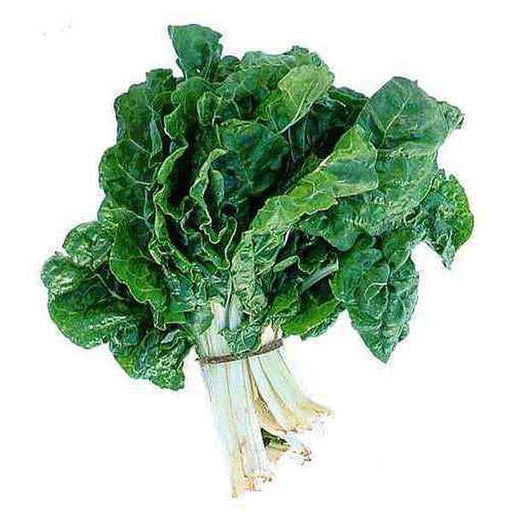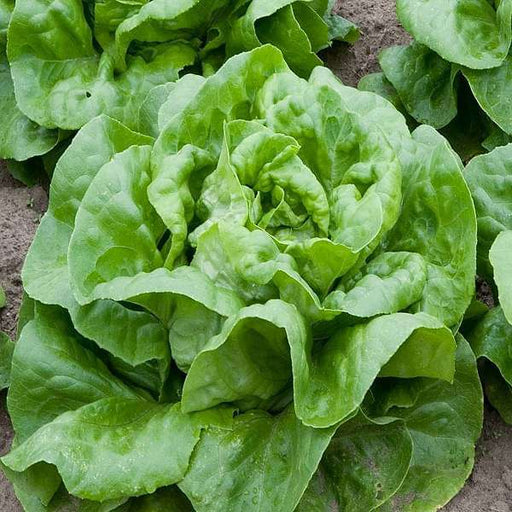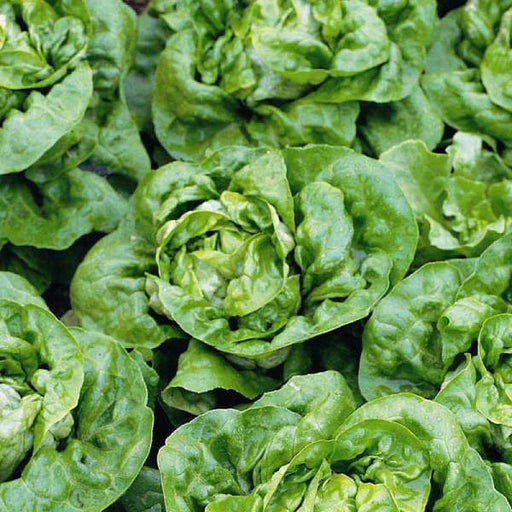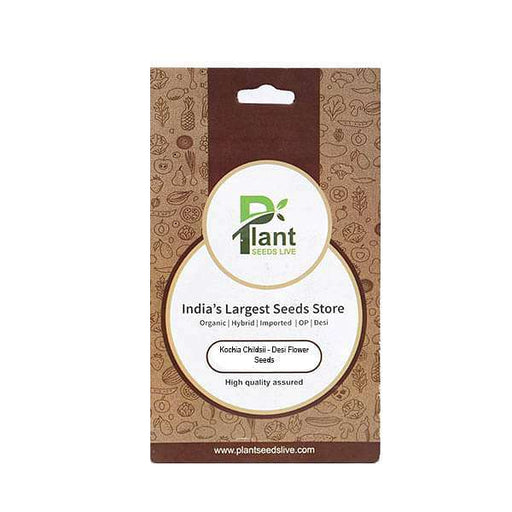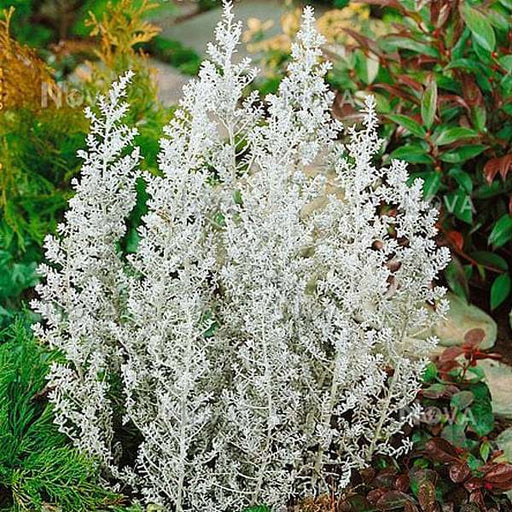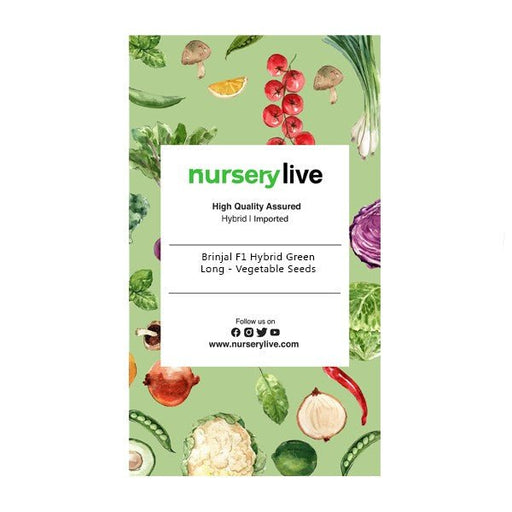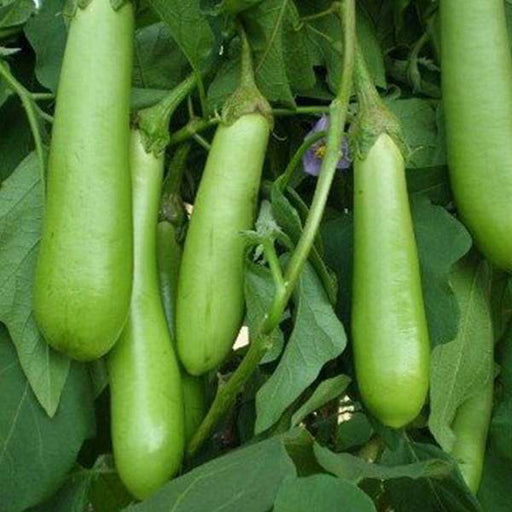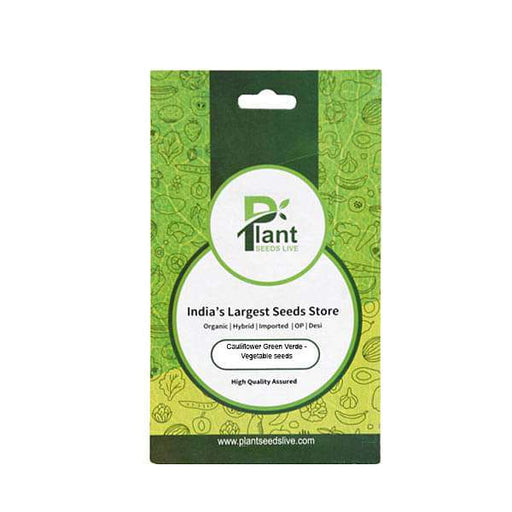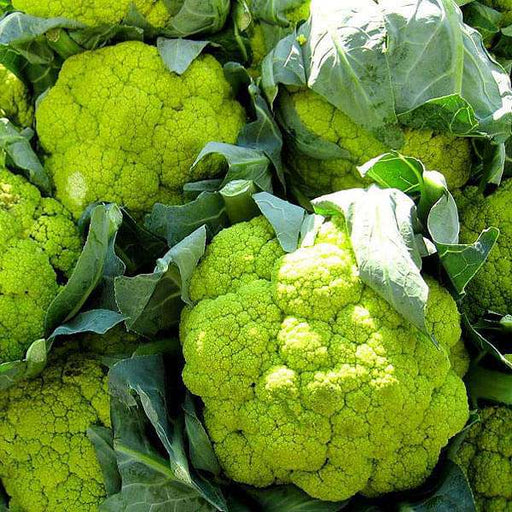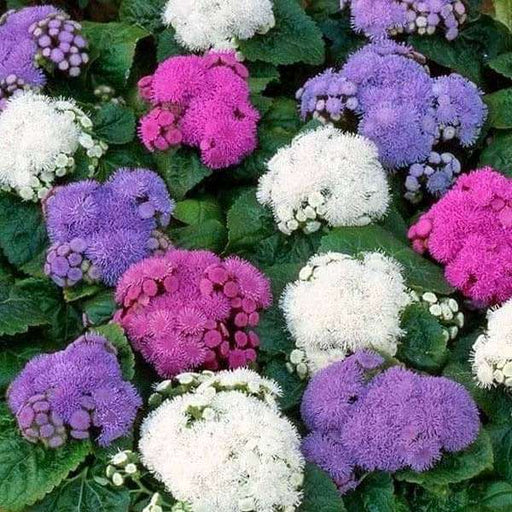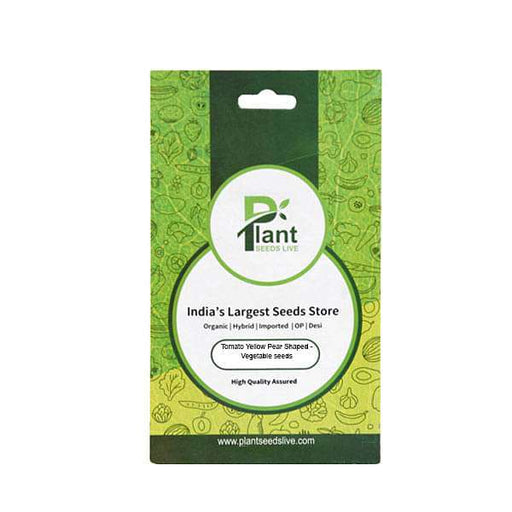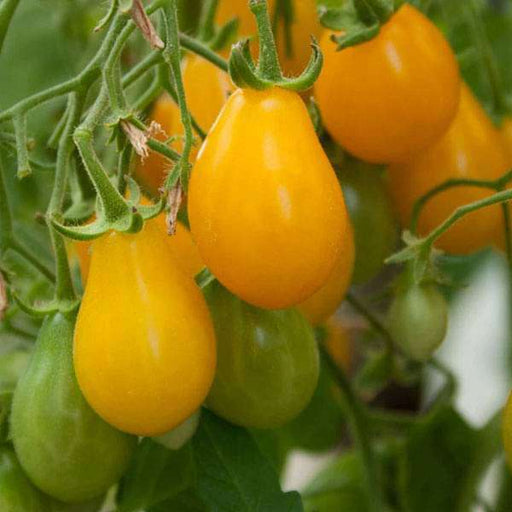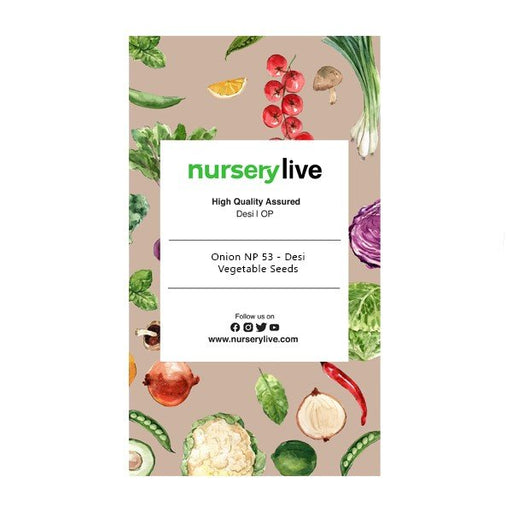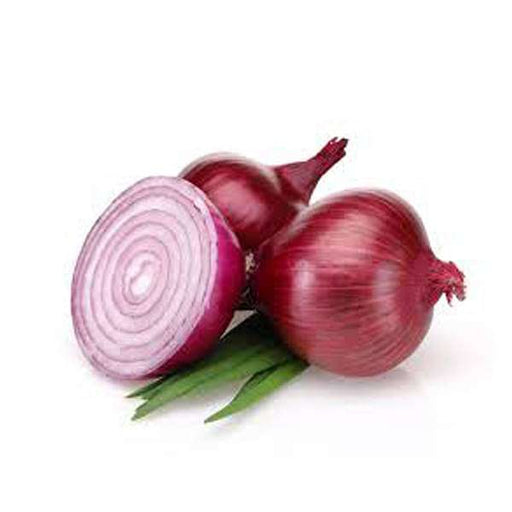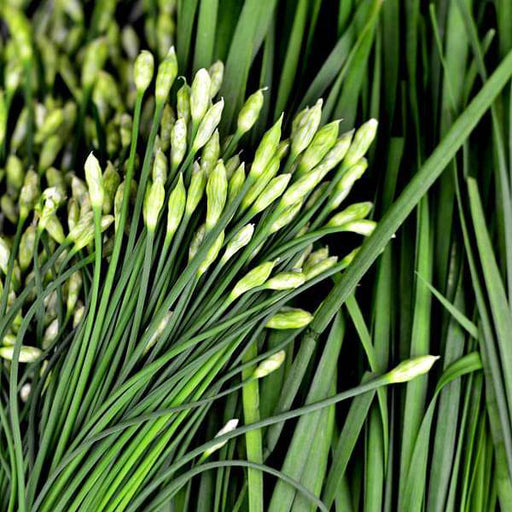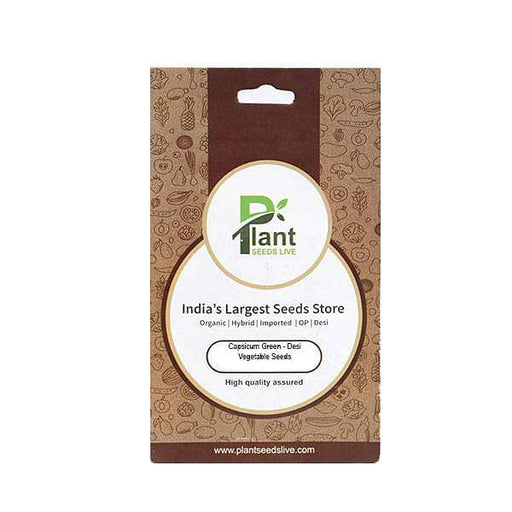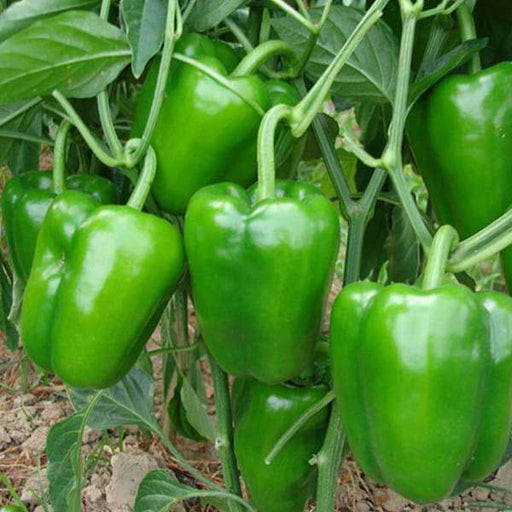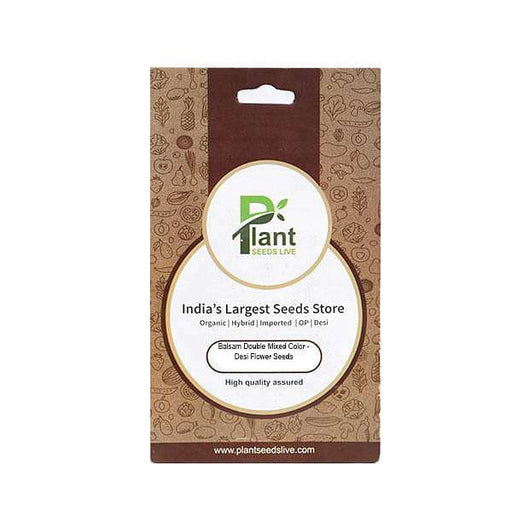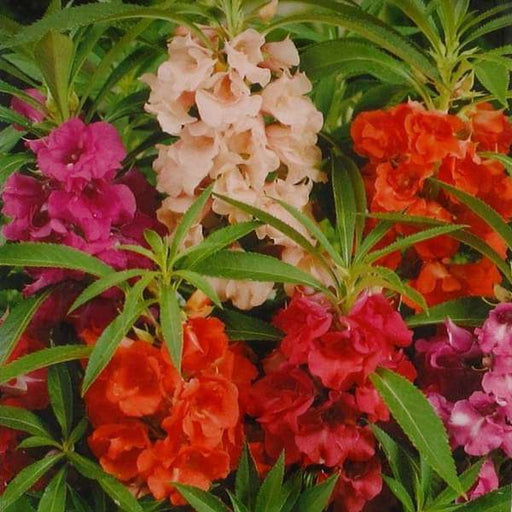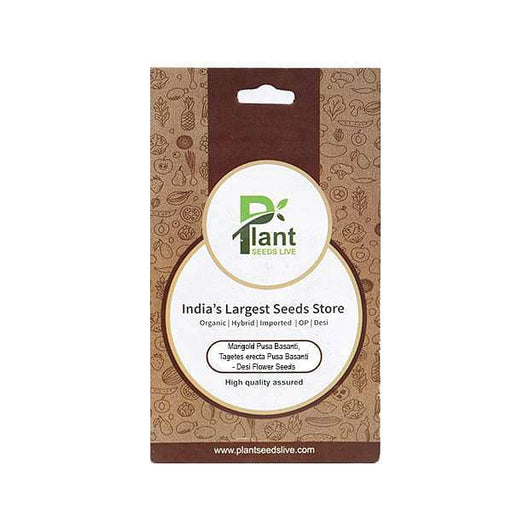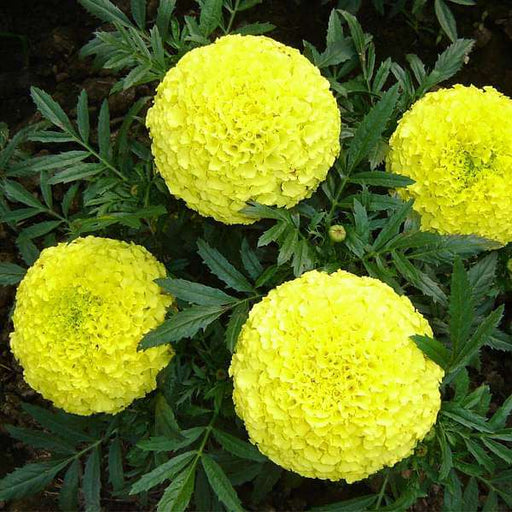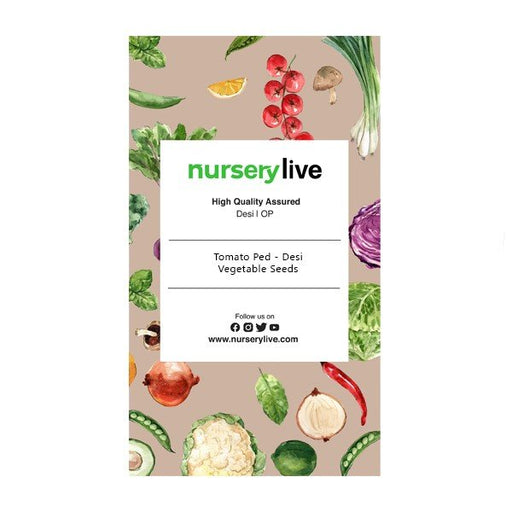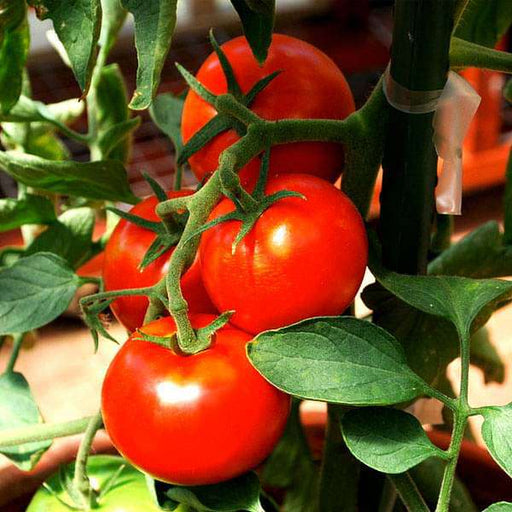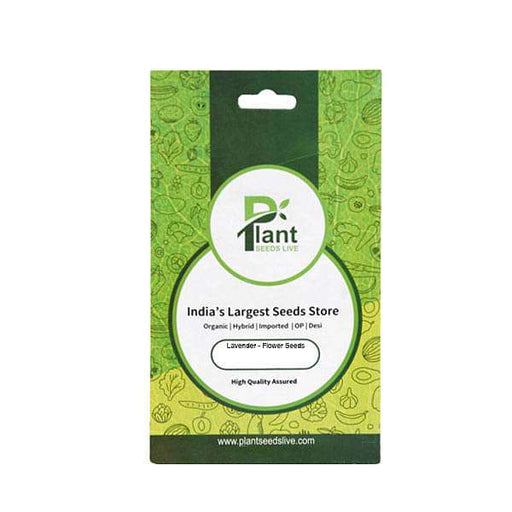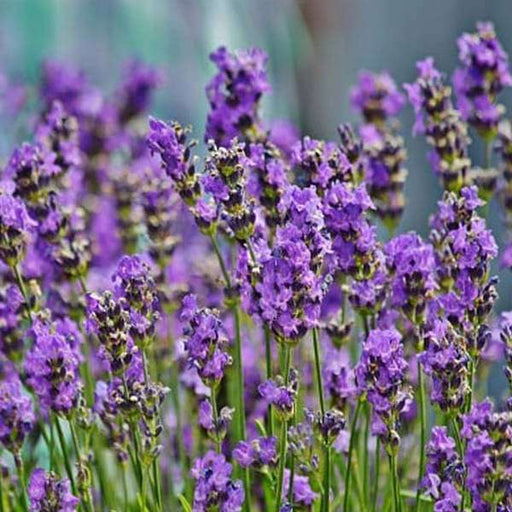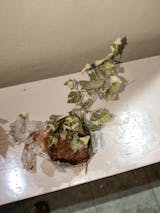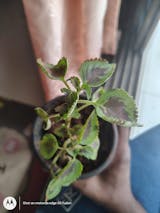Vegetable seeds
These are seeds that grow into vegetables, such as tomatoes, carrots, and beans. Planting vegetable seeds is a great way to ensure you have fresh produce in your garden.
Flower seeds
These seeds grow into beautiful flowers, such as roses, sunflowers, and lilies. Flower seeds can add a pop of color to any garden.
Herb seeds
Herb seeds grow into plants such as basil, parsley, and thyme. These plants can be used in cooking or for medicinal purposes.
Organic seeds
These are seeds that are grown without the use of synthetic pesticides or fertilizers. Organic seeds are a great choice for those who are conscious of what they put in their bodies.
Fruit seeds
These seeds grow into fruit trees, such as apple, orange, and peach trees. Growing fruit trees from seed can be a rewarding experience.
Seed saving
Seed saving is the practice of saving seeds from one year's crop to plant the next year. It's a great way to save money and ensure genetic diversity.
Seed starting
Seed starting is the process of starting seeds indoors before transplanting them outside. This can help give your plants a head start.
Heirloom seeds
Heirloom seeds are seeds that have been passed down from generation to generation. They are often prized for their unique flavor or appearance.
Rare seeds
Rare seeds are seeds that are hard to find or not commonly grown. They can be a fun challenge to grow.
Microgreens
Microgreens are tiny plants that are harvested when they are very young. They are often used as a garnish or in salads.
Native seeds
Native seeds are seeds that are native to a particular area. Planting native seeds can help support local ecosystems and attract pollinators.
Seed bombs
Seed bombs are small balls of seeds and soil that can be thrown into vacant lots or other areas to help beautify them.
Seed banks
Seed banks are facilities that store seeds to help preserve genetic diversity. They can be a valuable resource in the event of a natural disaster or other crisis.
Wildflower seeds
Wildflower seeds grow into plants that are native to a particular area. They can be a great way to support local ecosystems and attract pollinators.
Non-GMO seeds
Non-GMO seeds are seeds that have not been genetically modified. They are often preferred by those who are conscious of what they put in their bodies.
Bulbs
While not technically seeds, bulbs are a type of plant material that can be planted to grow into flowers or other plants.
Seed catalogs
Seed catalogs are publications that feature various types of seeds and plants for sale. They can be a great resource for finding new and interesting varieties.
Seedling care
Seedling care involves caring for young plants after they have been transplanted from seedlings to the garden. It's important to give seedlings proper care to help them thrive.
Seed germination
Seed germination is the process of a seed sprouting into a plant. Proper germination is key to ensuring a healthy plant.
Seed dispersal
Seed dispersal is the process by which seeds are spread throughout the environment. It can happen naturally through wind, water, or animals.


